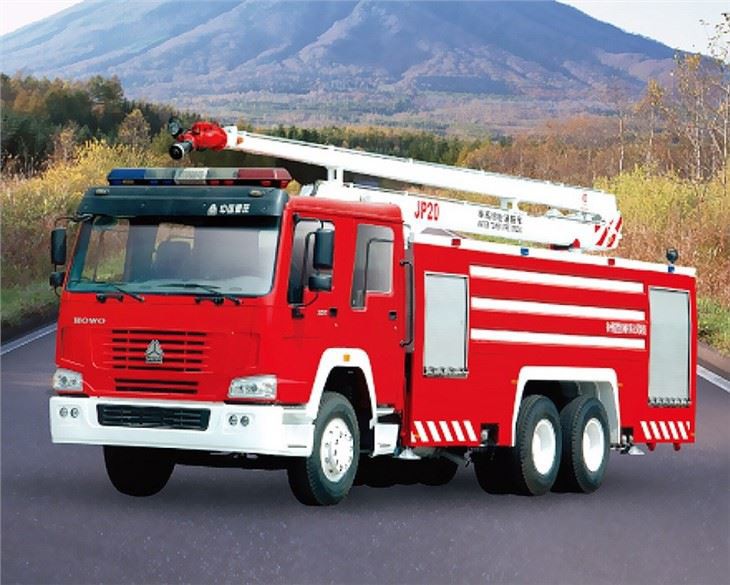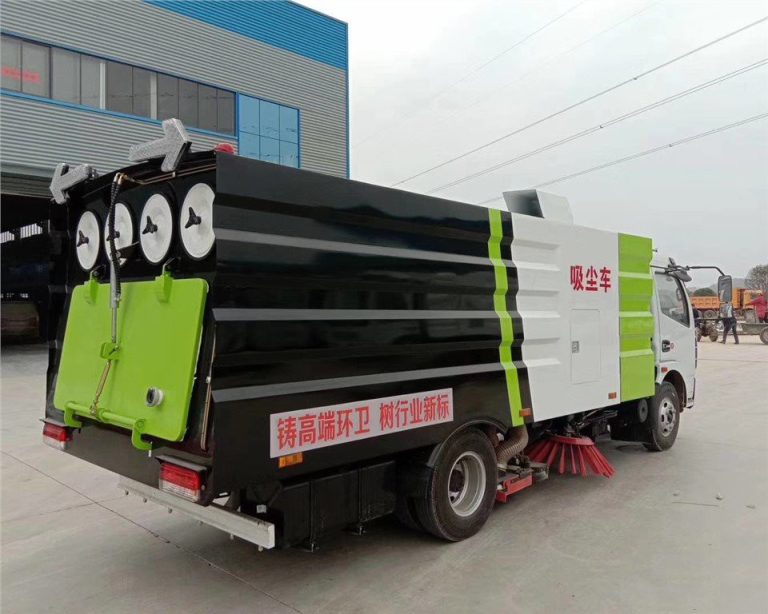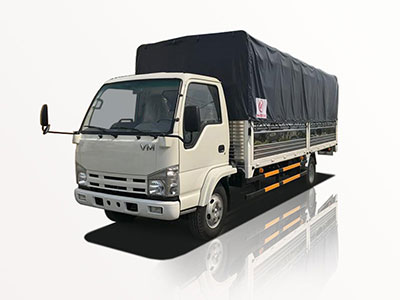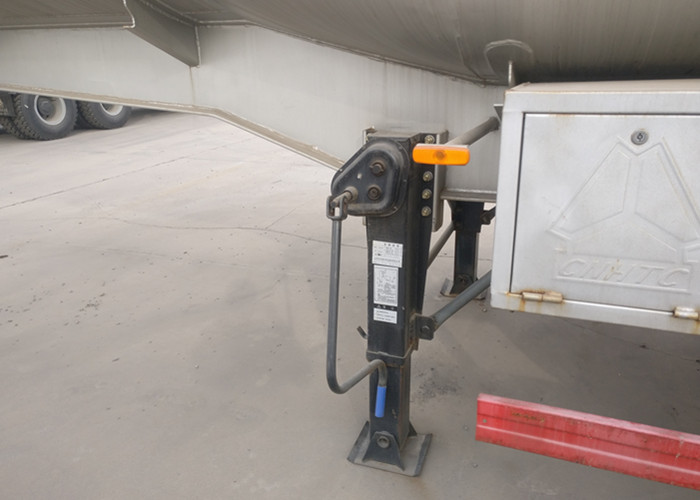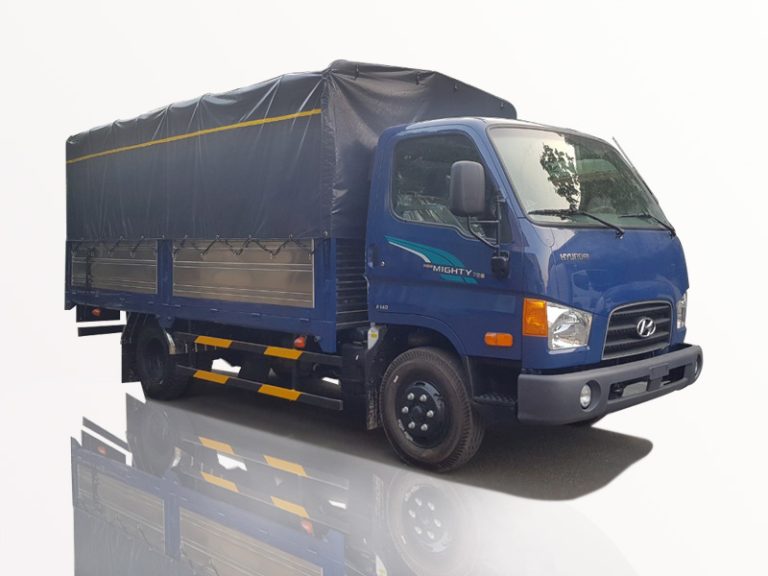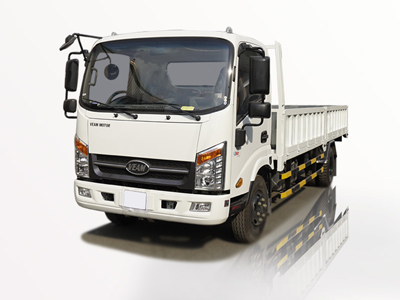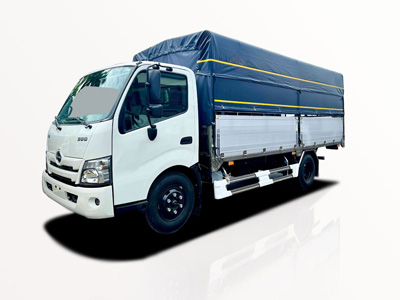Introduction
When embarking on a construction project, managing waste is crucial for maintaining a safe and organized work environment. A key component of waste management is the construction rubbish bin. These specialized containers help keep your site clear of debris, ensuring that the project proceeds smoothly and complies with local regulations. In this article, we will delve into everything you need to know about construction rubbish bins, from their types and uses to tips for choosing the right bin for your project.
Types of Construction Rubbish Bins
Construction rubbish bins come in various shapes and sizes, each tailored to specific types of waste and project scopes. Here’s a breakdown of the most common types:
1. Skip Bins
Skip bins are large containers commonly used for construction and renovation projects. They can hold a significant amount of waste and are available in various sizes.
2. Roll-off Containers
Roll-off containers are large, open-top bins that are delivered to the worksite on a truck. They are designed to be rolled off and on for easy loading and unloading.
3. Dumpster Rentals
Similar to roll-off containers, dumpster rentals are often used for larger projects. They typically come in various sizes and can accommodate various waste materials.
4. Bagged Waste Solutions
For smaller projects, bagged waste solutions allow for flexible waste disposal. These bags can hold a specific weight of debris and are often collected by waste management services.
5. Hazardous Waste Bins
Projects involving toxic materials, such as asbestos or chemicals, require special hazardous waste bins designed to contain harmful substances safely.
Choosing the Right Size of Construction Rubbish Bin
Choosing the correct size of rubbish bin is essential for reducing costs and ensuring efficient waste disposal. Here are key factors to consider:
1. Project Size
Estimate the volume of waste generated based on the size of the project. Smaller projects may require a 2-6 yard bin, while larger renovations or construction projects may need a 10-40 yard bin.
2. Type of Waste
Different types of waste may require different bin sizes. Construction debris, concrete, and mixed waste typically need larger bins compared to lightweight materials.
| Bin Size (Cubic Yards) | Capacity (Approx.) | Ideal For |
|---|---|---|
| 2-6 | 2-3 Pickup Truck Loads | Small home renovations |
| 10-15 | 4-6 Pickup Truck Loads | Medium-sized projects |
| 20-30 | 7-10 Pickup Truck Loads | Large renovations, commercial projects |
| 40+ | More than 10 Pickup Truck Loads | Massive construction jobs |
Best Practices for Using Construction Rubbish Bins
To maximize the efficiency and safety of your construction rubbish bins, follow these best practices:
1. Proper Loading Techniques
Load waste evenly to prevent the bin from tipping over. Start with heavy materials at the bottom and lighter materials on top.
2. Segregate Waste
Separate recyclables from general waste to minimize landfill impact. Use designated containers for metals, wood, and other recyclables when necessary.
3. Keep the Area Clean
Designate a specific area on the construction site for rubbish bins to keep the work area organized. This practice not only improves safety but also enhances productivity.
Cost Factors of Construction Rubbish Bins
The cost of renting a construction rubbish bin varies based on several factors. Here are the primary cost determinants:
1. Size of the Bin
Larger bins typically incur higher rental fees due to their increased capacity.
2. Rental Duration
The longer you need the bin, the higher the overall cost. Some companies may offer daily, weekly, or monthly rates.
3. Type of Waste
Hazardous waste disposal usually incurs additional fees due to specialized handling and safety requirements.
4. Delivery and Pickup Fees
Some waste management companies may charge separate fees for delivery and pickup, affecting the total rental costs.
Local Regulations and Compliance
Construction sites must comply with local regulations regarding waste disposal. Here are ways to ensure compliance:
1. Check Local Guidelines
Contact local authorities or waste management agencies to understand specific regulations for construction waste disposal in your area.
2. Obtain Necessary Permits
In some regions, obtaining permits for placing rubbish bins on public land may be required. Ensure you have these permits prior to bin placement.
3. Regular Inspections
Periodically inspect the waste management process on-site to ensure compliance with waste disposal regulations.
Environmental Impact of Efficient Waste Management
Proper management of construction rubbish can significantly reduce environmental impact. Here’s how:
1. Recycling
By recycling materials like metals, glass, and wood, you can help conserve natural resources and reduce landfill waste.
2. Reducing Carbon Footprint
Efficient waste management leads to fewer trips for waste collection and transportation, reducing pollution and carbon emissions.
3. Sustainable Practices
Incorporating sustainable construction practices such as using eco-friendly materials and reusing waste can further minimize environmental impact.
Tips for Hiring a Waste Management Company
Finding the right waste management company is crucial for efficient waste disposal. Here are some practical tips:
1. Research and Compare Services
Look into different waste management companies and compare their offerings, customer reviews, and pricing structures.
2. Ask About Their Recycling Policies
Inquire about recycling practices to ensure your waste is handled sustainably.
3. Check Licensing and Insurance
Ensure the company is fully licensed and insured to operate in your area, which protects you against potential liabilities.
Frequently Asked Questions (FAQ)
1. How long can I keep a construction rubbish bin?
The rental period varies by company, but most offer daily, weekly, and monthly rates. Ensure to clarify this before renting.
2. What can I put in a construction rubbish bin?
Most bins can handle general construction debris like wood, drywall, and metal. However, hazardous materials such as chemicals or asbestos should go in special containers.
3. How do I know what size bin I need?
Estimate the volume and type of waste from your project. Consult with the rental company for recommendations based on your needs.
4. Are there extra fees for hazardous waste?
Yes, many companies charge additional fees for hazardous waste due to the special handling and disposal requirements.
5. Can I get a bin delivered to a residential area?
Yes, delivery to residential areas is common, but check with your local regulations, as permits may be required.
6. What should I do if the bin is full before the rental period ends?
If your bin fills up earlier than expected, contact your waste management company to arrange for an early pickup or swap for a larger bin.
